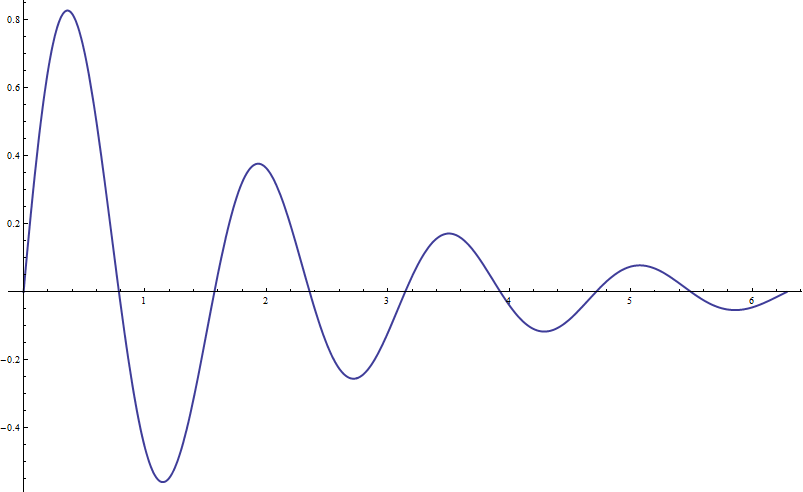The amplitude of the hedonic treadmill wave decreases with your age, like the graph below. But why?

Disclaimer:

The unknown has always been the greatest source of emotion, positive or negative. People are afraid of ghost because you don’t know what it really is. People are addicted to gambling because you don’t know if your GME will fly to the moon or if your FTX will tank.
That which hath been is that which shall be; and that which hath been done is that which shall be done: and there is no new thing under the sun.
Over time, you gain more experience, and every single thing on the world is just a remix of other things in your eyes. Everything is predictable, every rise and every downturn is expected, and therefore the highs become lower and the lows becomes higher. Your hedonic treadmill becomes more and more stable as you become a older and older.
However, when you’re a toddler, everything is unknown, and every experience strikes you so hard. When your mom said that you’re a bad boy, was it the end of the world? No, but you certainly felt like it, because you don’t know. It’s your first time hearing that. When you solved a random brainteaser your sister told you, did it mean that you’re a once-in-a-hundred-year type of genius and would change the world completely with your crazy inventions in the future like the protagonists in those coming-of-age stories (i.e. biographies)? No, but you thought you were, because you didn’t know how average you were.
Makes me wonder, is a brain of a child and an adult really that different? Or the majority of the differences come from the memory accumulated? Maybe an empty adult brain is also as flexible as the one from a toddler? Also, does a person mature from the memories and experience or from the growth of the brain?